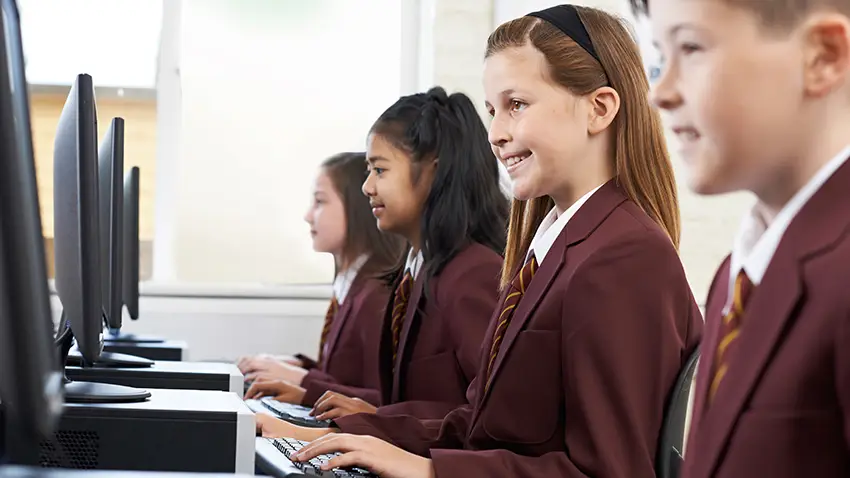Starting January 1, 2025, a new VAT will be imposed on private school fees in the UK, as declared by the government. This new tax aims to close a loophole, preventing parents from avoiding the additional cost by paying fees in advance. However, the move has stirred reactions, with the wider implications still being debated.
Meanwhile, this decision follows a surge in advance payments by private schools anticipating a Labour government. Therefore, anti-forestalling legislation has been introduced to cover fees paid between July 29 and the budget on October 30. How will this affect parents, schools, and the broader educational landscape? Let’s delve deeper into these concerns.
New VAT Charges on Private School Fees
From January 1, 2025, VAT will be applied to private school fees in the UK, as announced by the government. This means parents will be unable to avoid the tax by paying fees in advance of the start date.
This decision comes as private schools saw a rise in advance payments in anticipation of a Labour government. To counteract this, anti-forestalling legislation has been implemented, covering all fees paid from July 29 to the budget on October 30.
Purpose and Criticism of the VAT
Chancellor Rachel Reeves has stated that the revenue generated from this tax will fund the hiring of 6,500 new teachers. This highlights the government’s intention to use these funds for public education improvements.
However, private schools have criticised the decision. They warn it could lead to more children transferring to the state sector as parents may struggle to afford the increased costs. This move could, therefore, put additional pressure on public schools.
Impact on Private School Enrolment
According to the Independent Schools Council (ISC), 554,316 children are currently enrolled in private schools in the UK, making up 5.9% of all pupils. The ISC has expressed concern that thousands of children may have their education disrupted due to this new tax.
Julie Robinson, the ISC’s chief executive, stated that the measure would increase pressure on state schools, as well as on the already-stretched Special Educational Needs and Disabilities (SEND) system, faith provision, specialist arts education, and military families.
Financial Implications for Parents
Annual fees for private day schools in the UK average £18,064, but costs can rise significantly for elite boarding schools. Brighton College, the country’s most expensive private school, charges nearly £65,000 a year. As a result, parents will face an additional VAT cost of £13,000.
Under the new plans, local authorities that fund students with special educational needs to attend private schools will be reimbursed for the additional VAT cost. This provision aims to alleviate some of the financial burden on parents and local authorities.
Private Schools to Pay Full Business Rates
Starting from April 2025, private schools will also have to pay full business rates, another financial blow as they were previously eligible for an 80% charitable rates relief. Chancellor Reeves has introduced this alongside the VAT on school fees.
Education Secretary Bridget Phillipson has said that the combined taxes will raise £1.7 billion per year. However, earlier research by HM Revenue & Customs under the Conservative government estimated it would generate only £650 million annually. This discrepancy raises questions about the actual revenue impact.
Public Opinion on the VAT Decision
Polling by YouGov indicates that 60% of voters support the decision to charge VAT on private school fees, whereas 24% oppose it. This shows that the public largely favours this move, possibly seeing it as a fair way to distribute educational funding.
Nevertheless, senior Conservative MPs have criticised the tax increase. Shadow Home Secretary James Cleverly called it “an ideological decision” targeting “small independent schools.” He further stated on social media that it reflects “the politics of envy.”
Historical Context and Personal Views
Sir Keir Starmer’s cabinet has the lowest proportion of privately educated ministers in decades. Only 8% of the current cabinet attended private schools, compared to a national average of 6 to 7%. This could suggest a shift in the government’s attitude towards private education.
Chancellor Rachel Reeves, who attended a state school in south London, has expressed satisfaction in outperforming privately educated boys at chess tournaments. She stated, “There were two things I always wanted to prove: that a girl could be just as good as a boy, but also a girl from an ordinary background could be just as good as a boy from a more privileged background.”
In conclusion, the imposition of VAT on private school fees from January 2025 aims to close tax loopholes and provide funding for public education. The decision has sparked a mix of support and criticism, highlighting the complex implications for parents, schools, and the educational system.
With various stakeholders voicing their concerns and support, only time will reveal the full impact of these new measures. The move, while intended to enhance public education, raises questions about its execution and broader effects.


